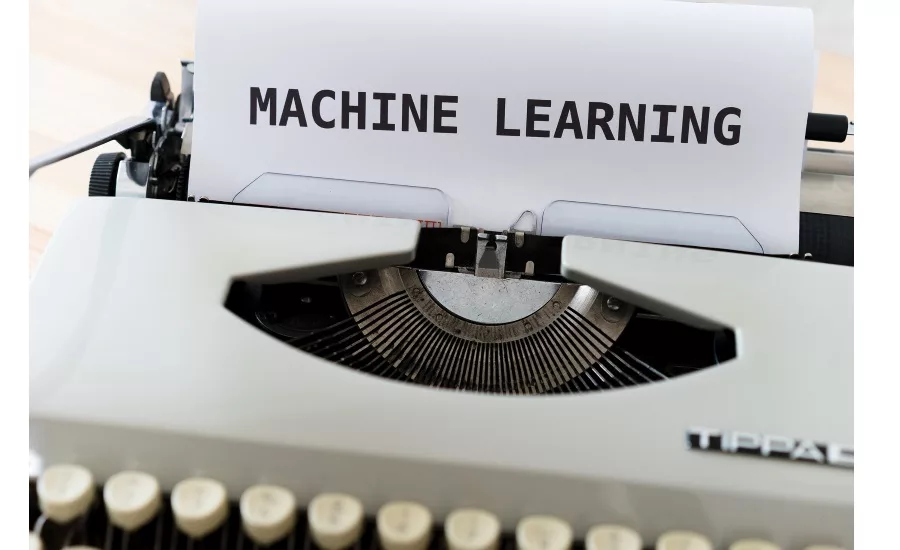DHS to fund research into machine learning for airport security

The Department of Homeland Security's (DHS) Small Business Innovation Research (SBIR) program is working with a small business to advance explosive detection equipment. Synthetik Applied Technologies was awarded funding to develop machine learning training data that simulates human travelers and baggage object models to support machine learning algorithms.
Though the efforts started before the COVID-19 pandemic, DHS says the research is even more relevant as social distancing and other protective measures are put into place in order to minimize the exposure and contact between TSA officers and passengers.
“As threats to our nation’s airports continue to evolve, we are committed to investing in technologies that will improve the security posture of aviation checkpoints, while minimizing the inconvenience to passengers,” said William N. Bryan, DHS Senior Official Performing the Duties of the Under Secretary for Science and Technology.
The DHS SBIR Program, administered by DHS Science and Technology Directorate (S&T), selected Synthetik Applied Technologies, based in Austin, Texas, to participate in Phase II of the program, based on the successful demonstration of feasibility in Phase I for their Synethic Data Training For Explosive Detection Machine Learning Algorithms technology solution.
For machine learning algorithms to reach their peak performance, they must be trained on a very large amount of data, and collecting and preparing this data is typically an expensive and time-consuming process. Synthetic data generation creates the capability to generate complete, annotated datasets in a matter of minutes without handling dangerous materials or initiating human subjects’ protocols. This technology would streamline the security screening process, creating an improved passenger experience for the traveling public.
Looking for a reprint of this article?
From high-res PDFs to custom plaques, order your copy today!







